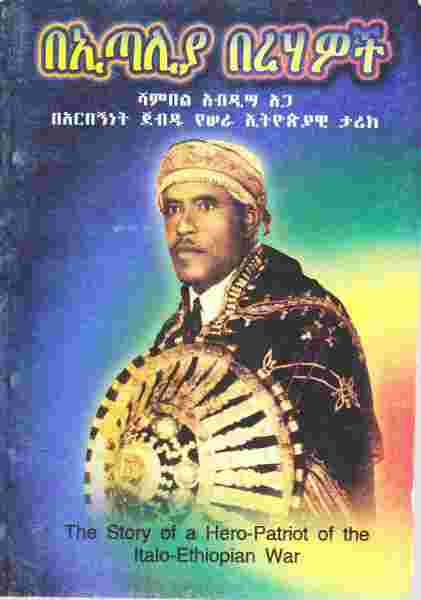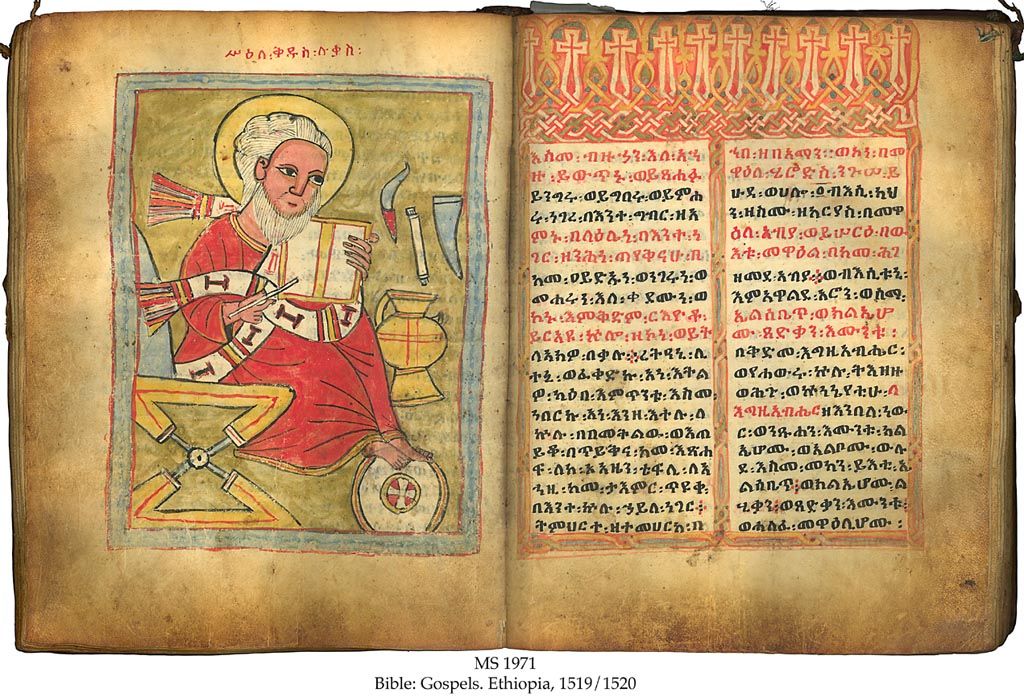
6 Then flew one of the seraphims unto me, having a live coal in his hand, which he had taken with the tongs from off the altar: 7 And he laid it upon my mouth, and said, Lo, this hath touched thy lips and thine iniquity is taken away, and thy sin purged. 5 Then said I, Woe is me! for I am undone because I am a man of unclean lips, and I dwell in the midst of a people of unclean lips: for mine eyes have seen the King, Yahweh of hosts. 4 And the posts of the door moved at the voice of him that cried, and the house was filled with smoke.
ETHIOPIAN ORTHODOX BOOKS IN AMHARIC FULL
3 And one cried unto another, and said, Holy, holy, holy, is Yahweh of hosts: the whole earth is full of his glory. 2 Above it stood the seraphims: each one had six wings with twain he covered his face, and with twain he covered his feet, and with twain he did fly. In the year that king Uzziah died I saw also Yahweh sitting upon a throne, high and lifted up, and his train filled the temple. The Holy Trinity was seen, Yahweh Elohim. The Levites praised God with instruments before the Ark of the Covenant in the Old Testament times the faithful Rastafarians of "The Lion of Judah" are the true New Testament "levites," or prophetic priests, likened to the Ethiopian Debteras, yet - after the Order of Melchizedek. These Levites, whose major function was to preside over religious rites, brought hymn books, and musical instruments with them to Ethiopia.

The art of religious music took shape in Ethiopia with the introduction of the Beta Israel (original Judaic faith of the Afro-Shemites) when Menyelek I came back from Jerusalem with the Ark of the Covenant and with it the Levites who accompanied the Ark of the Covenant.

Where there is worship, there is the praise which is often expressed in musical tunes, psalms and hymns of thanks and praises. Ancient Ethiopians have worshipped, feared, and praised God in their own way even before the faith of the Black Hebrews & Israelites was introduced, by the will of Yahweh, the True God of Israel.


 0 kommentar(er)
0 kommentar(er)
